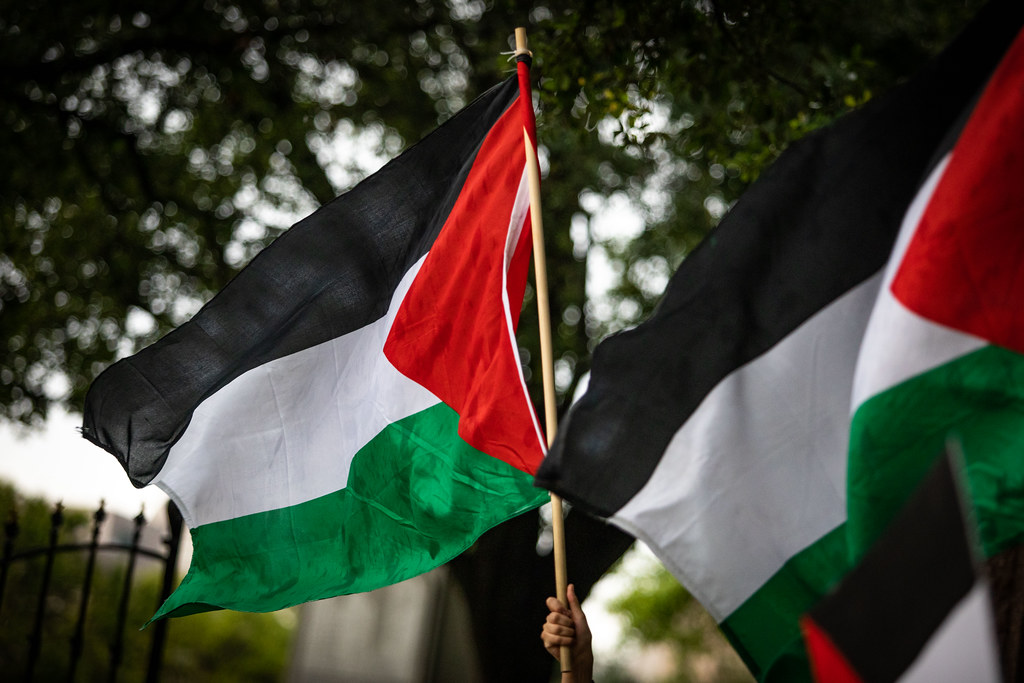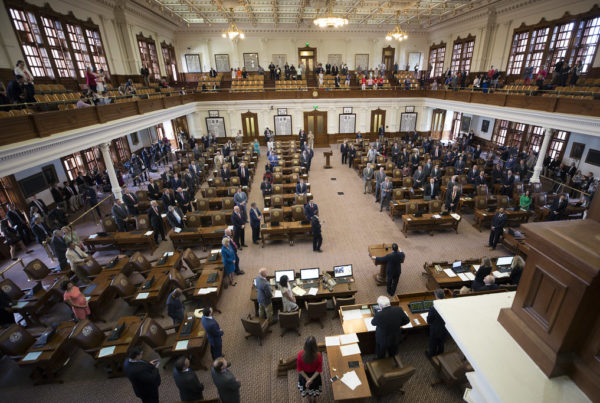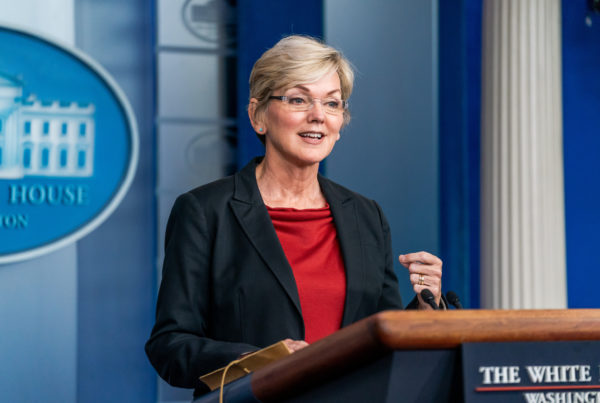For years, it’s been difficult for policymakers and citizens to have honest and detailed discussions of U.S.-Israel policy as it pertains to the Palestinian territory of Gaza. But the conflict between Palestinians and Israelis in recent weeks has seen more people become vocal about their support for Palestinians, particularly as the world waits to see how long the current ceasefire between Palestine and Israel holds.
Some supporters of the Palestinian cause have been labeled as “antisemitic.” But those supporters say this is not a religious issue but a political one. They also say that conversation about Israel’s actions in Gaza is happening within Texas Jewish communities.
Judith Norman is a representative for the San Antonio chapter of Jewish Voice for Peace. She also teaches philosophy at Trinity University. She told Texas Standard that peace-focused organizations like hers are having greater success explaining their views to the American public in the wake of this month’s Israeli-Palestinian conflict. She says there is a “more fair and unbiased story told about American foreign policy in Palestine, and in Gaza, in particular.”
Having conversations about how to solve the Palestinian conflict is difficult because, Norman says, the issues have been made to seem more complicated and intractable than they actually are. She says the conflict has its roots in the modern state of Israel’s settlement policies, not ancient religious hatred.
“This is a problem of settler colonialism on the part of Israel,” she said. “And once you use that lens to think about the conflict, it doesn’t seem as confusing as it’s sometimes made to be.”
Norman also argues that equating criticism of Israel with antisemitism creates a taboo around questioning the country’s policies.

Several dozen demonstrators gather in front of the Texas State Capitol in Austin, as part of a day of action in solidarity with the Palestinian uprising on May 18, 2021.
The United States is complicit in Israel’s policies, she says. The United States provides some $4 billion annually in military aid to Israel, plus $8 billion in loan guarantees. She says Israel already has an extremely powerful military, which is being used to occupy the Palestinian territories.
“As an American, I feel very much concerned that our national wealth is being spent in this fashion – on military aid,” Norman said.














